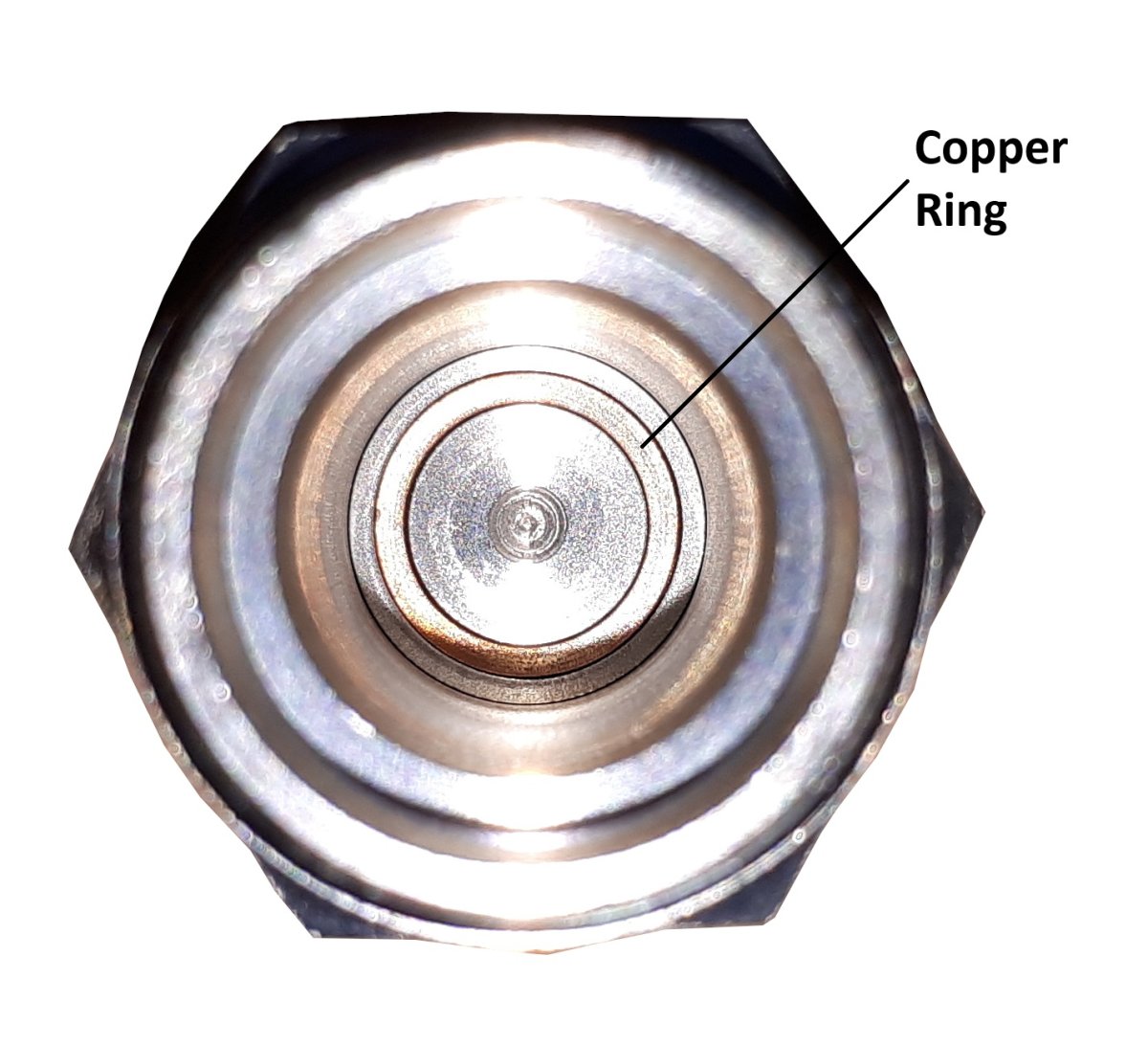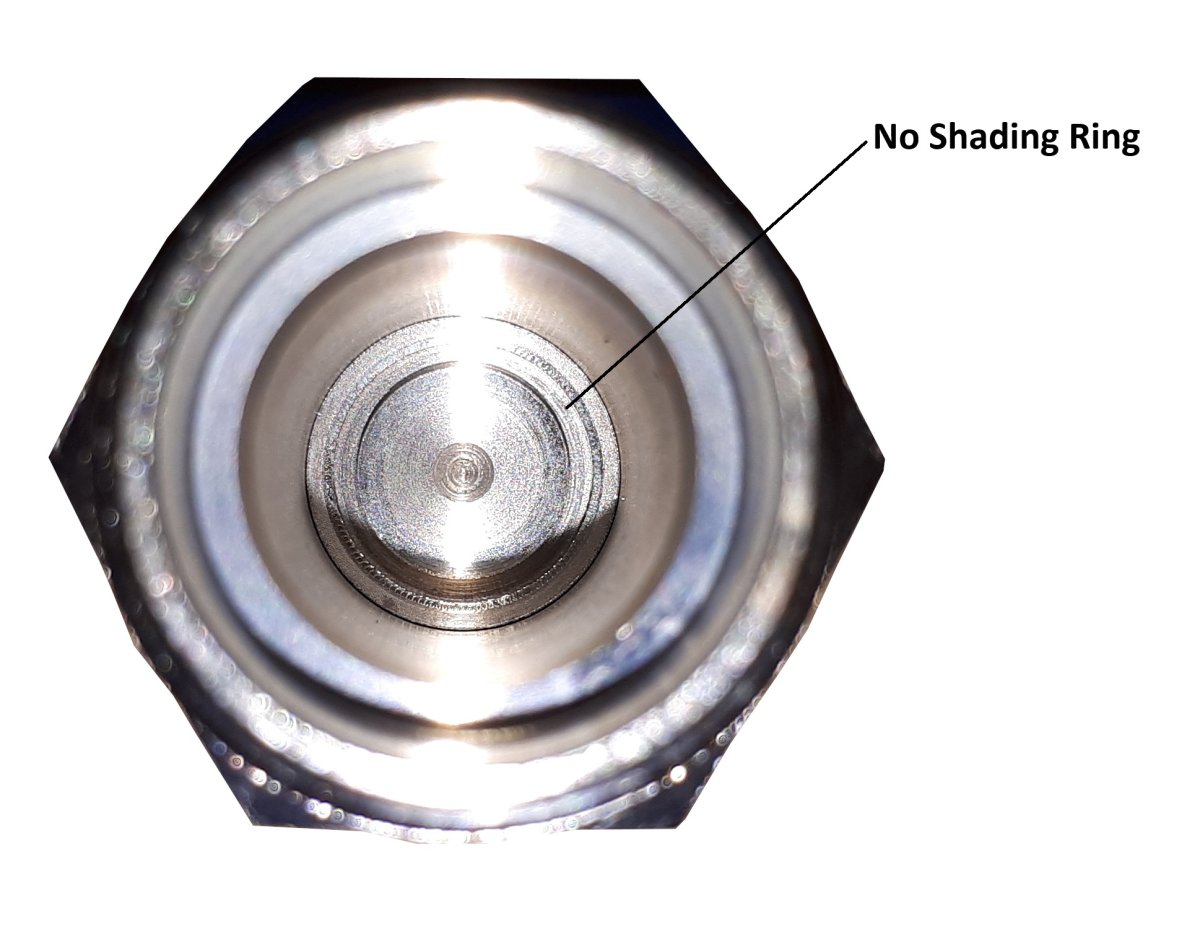Why You Need a Silver Shading Ring in a Solenoid Valve for Pure Water Applications

Solenoid valves play a critical role in fluid control systems, especially in high-purity environments like reverse osmosis (RO), demineralised, or ultra-pure water systems. A key component ensuring their smooth and reliable operation is the shading ring—and when it comes to pure water, silver shading rings offer unmatched advantages, that are essential for 50/60Hz alternating current.
Shading rings are not however required for DC voltage supplies because the current is stable (not alternating), in this instance for aggressive media applications an armature assembly without any shading ring can be used. These are typically less expensive than silver rings.
Helpful hint: By using a fully bridge rectified DIN43650 electrical connector to convert AC (50/60Hz Alternating Current) to DC (Direct Current), so a DC coil can be used in conjunction without a shading ring even with an initial AC supply.


What Is a Shading Ring in a Solenoid Valve?
A shading ring, also called a phase ring or shading coil, is a small metallic ring embedded in the solenoid valve’s armature or tube assembly. Its primary role is to stabilise the magnetic field when the valve is powered by alternating current (AC)—especially important at 50/60 Hz frequencies.
Without a shading ring, AC-powered solenoid valves are prone to noise, vibration, and premature wear. In high-purity water systems, the material of the shading ring becomes even more important.

Benefits of Using a Silver Shading Ring in Solenoid Valves
Prevents Chatter and Vibration in AC-Powered Systems
In AC systems, the current drops to zero 50 or 60 times per second. This causes fluctuations in the magnetic field, which can make the plunger vibrate or “chatter”, leading to noise and mechanical wear.
Silver shading rings act as a secondary conductor, creating a small, continuous magnetic field even during these zero-crossings. This stabilises the plunger, resulting in:
Quieter operation
Reduced wear and tear
Longer valve life
Provides Superior Corrosion Resistance in Pure Water
RO and demineralised water aggressively leach ions from metallic surfaces due to their lack of dissolved minerals. Traditional shading rings made from copper or brass are especially vulnerable.
Silver offers significant advantages:
Excellent resistance to corrosion and oxidation
Long-term stability in aggressive water environments
Reduced risk of component degradation
For this reason, silver is the preferred material for solenoid valves in ultra-pure water systems.
Avoiding Contamination in High Purity Systems
Why Copper Rings Are a Risk in Pure Water
Applications such as:
Pharmaceutical processing
Semiconductor manufacturing
Laboratory water systems
Medical-grade water delivery
require extremely low levels of contamination.
Copper-based shading rings can leach metal ions into the water, affecting quality and performance. In contrast, silver is chemically stable and does not leach, making it the ideal choice for:
Maintaining ultra-high water purity
Complying with strict industry standards
Note: If no shading ring is used, the solenoid must operate with DC coils or rectified AC via DIN connectors, limiting flexibility.
Improves Reliability and Extends Valve Life
Long-Term Durability in Demanding Environments
Pure water isn’t just corrosive—it can also lead to:
Oxidation of metallic surfaces
Accumulation of scale or deposits
Mechanical sticking of moving parts
A silver shading ring:
Minimises oxidation and surface damage
Prevents plunger sticking and valve seizure
Reduces the need for frequent maintenance
The result: improved operational reliability and extended service life of the solenoid valve.
Summary: Why Silver Shading Rings Are the Best Choice
Choosing a silver shading ring in your solenoid valve ensures:
Silent, chatter-free performance in AC-powered systems
Maximum corrosion resistance in pure or de-ionised water
Protection against contamination in high-purity applications
Reliable, long-lasting performance
Minimal risk of seizing or component failure
